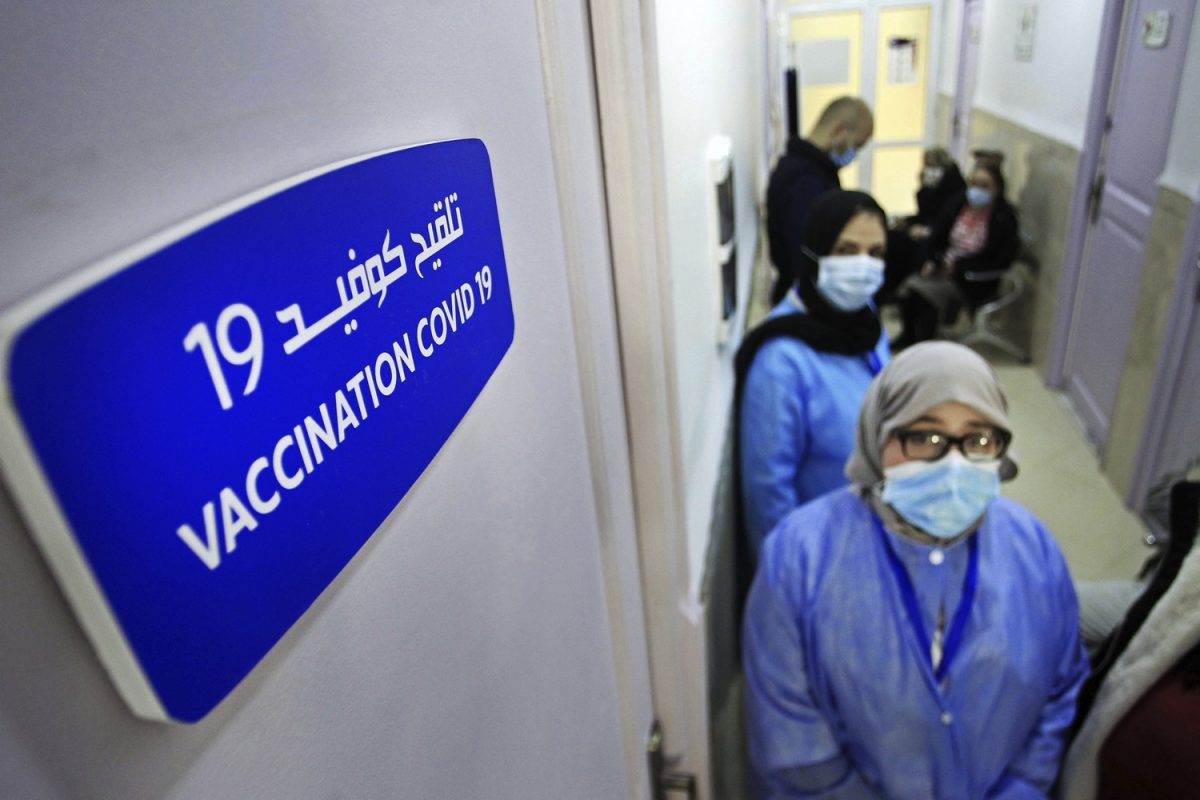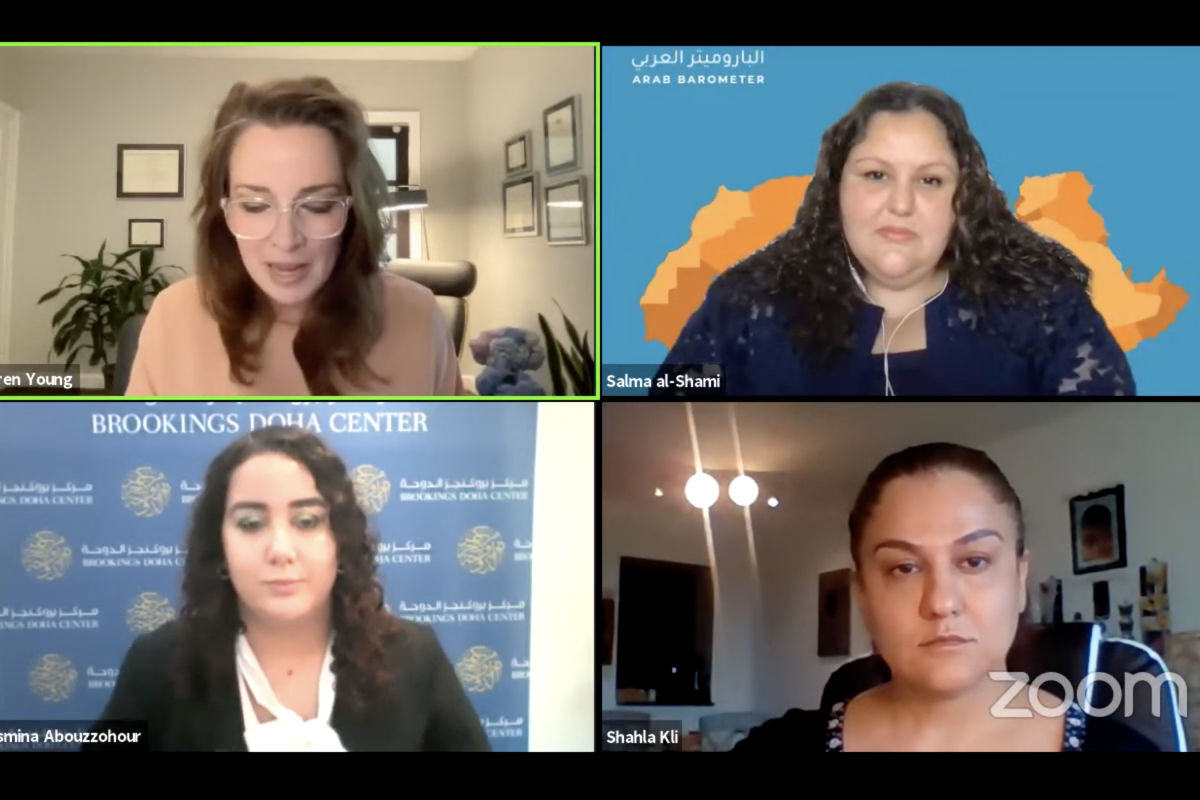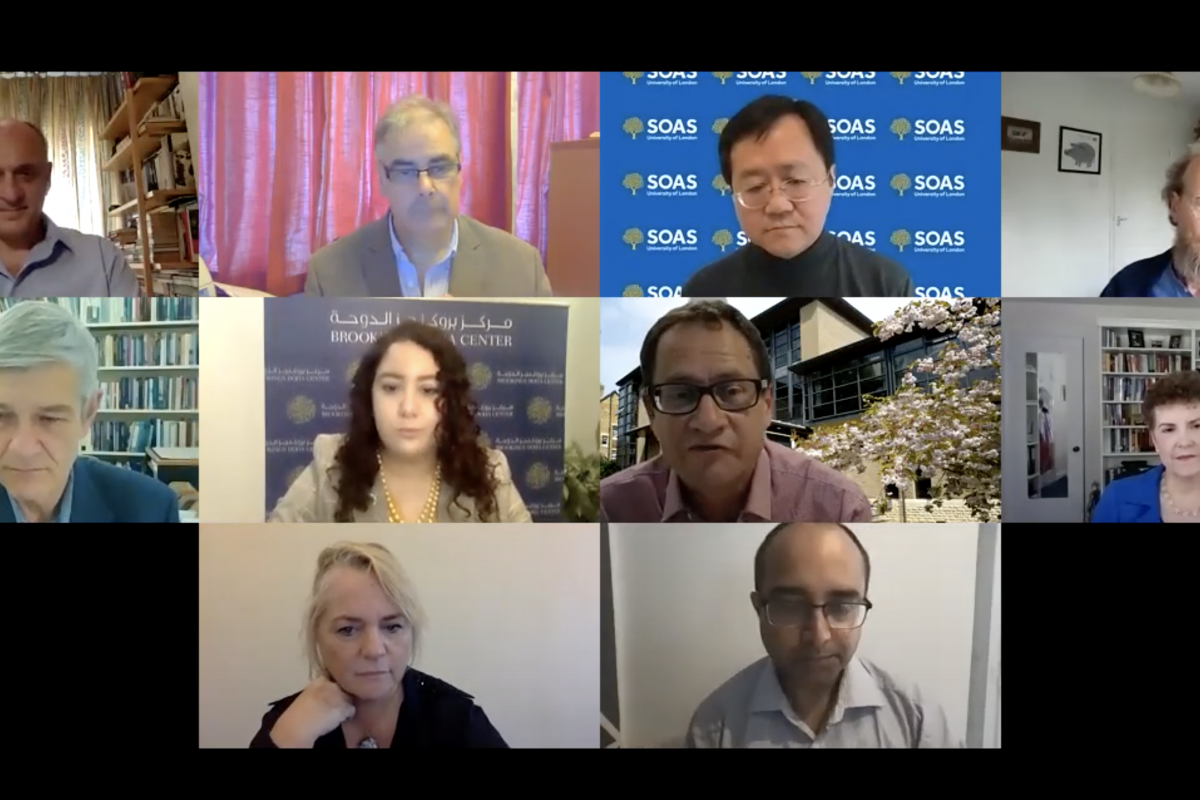[vc_row][vc_column][vc_column_text]
Morocco and Algeria must improve their healthcare systems, and- along with Tunisia- they must must adopt large-scale testing.
The COVID-19 pandemic spread across Maghreb countries- Morocco, Algeria, and Tunisia- moderately compared to other states in the Middle East and North Africa such as Turkey, and Iran. However, despite significant measures adopted by Maghreb governments to slow the outbreak’s progress – imposing mandatory confinement, partially demobilizing the workforce, suspending all travel, banning public gatherings, and shutting down most businesses – infected cases and deaths have since multiplied across Morocco and Algeria.
As of May 31, 2020, Algeria recorded 9,267 total infected cases and 646 deaths, while Morocco recorded 7,780 cases and 204 deaths. This makes Algeria and Morocco, along with Egypt and South Africa, the most affected countries in Africa. By comparison, Tunisia was far more successful in containing the outbreak, having recorded 1,076 cases and 48 deaths overall. Significantly, in mid-May 2020, Tunisia recorded no infected cases for five days. Proportional to their respective populations, Algeria recorded 211.33 cases per million and 14.73 deaths per million; Morocco recorded 210.78 cases and 5.53 deaths per million; and Tunisia recorded 91 cases and 4 deaths per million. Tunisia’s success in containing the spread of outbreak may be linked to its developed healthcare system, which far surpasses Algeria’s and Morocco’s.
In 2017, Tunisia spent 7.23% of its GDP on healthcare, compared to 6.37% in Algeria, and only 5.25% in Morocco (for comparison, that same year, the world average was 9.9%, and Germany spent 11.25% of its GDP on healthcare). To be better equipped to deal with future COVID-19 waves as well as other health emergencies, Morocco and Algeria must increase funding for public healthcare, improve access by setting up an effective cover for underemployed and at-risk citizens, and enhance the governance of this sector which remains highly affected by corruption according to the United Nations.
Importantly, they must invest in expanding emergency wings and intensive care units in existing hospitals and in improving their healthcare capacity (for example, by increasing the number of hospital beds and medical professionals).
In the short term, Maghreb states must adopt large-scale testing, which has been linked to better control of the outbreak’s spread in other countries (such as Germany, which performed over two million tests). So far, Tunisia increased the number of tests per million citizens from 3,622 in mid-May to 4,394 by the end of that same month, while Morocco (which only generalized COVID-testing in mid-April) recently increased this number from 2,588 tests per million in mid-May to 5,672 two weeks later. Data for Algeria is unavailable.



Related research:
https://pomeps.org/covid-in-the-maghreb-responses-and-impacts
Sources:
Max Roser, Hannah Ritchie, Esteban Ortiz-Ospina and Joe Hasell (2020) – “Coronavirus Disease (COVID-19)”. Published online at OurWorldInData.org. Retrieved from: ‘https://ourworldindata.org/coronavirus’ [Online Resource]
The World Bank Dataset, “Current health expenditure (% of GDP) – Morocco, Algeria, Tunisia- 2017,” Accessed April 23, 2020, https://data.worldbank.org/indicator/SH.XPD.CHEX.GD.ZS?locations=MA-DZ-TN
United Nations Report A/72/137: Right of everyone to the enjoyment of the highest attainable standard of physical and mental health, July 14, 2017, https://www.un.org/en/ga/search/view_doc.asp?symbol=A/72/137[/vc_column_text][/vc_column][/vc_row]
Yasmina Abouzzohour
A visiting fellow at Brookings, Abouzzohour holds a PhD in Politics from the University of Oxford where she taught comparative politics, international relations, and economic governance. Her research focuses on authoritarian persistence and transition, strategic regime behavior and interactions with opposition movements, and mixed methods research. She is currently writing a book on regime survival in MENA monarchies and completing several projects on the politics and economy of North African states. Abouzzohour previously worked as a Political Risk Analyst at Oxford Analytica and holds a B.A. (Hons) in Political Science from Columbia University.


